
In 2012, 1.59 million transfer passengers traveled through Pudong airport, up 17 percent from a year earlier, according to the company's website. International transit claimed a predominant 88.4 percent among all transfers, it said.
"The high transition rate used to be a largely neglected figure. But we need to revitalize all transfer passengers and bring the visa-free policy into full play," he said.
For instance, Hong Kong International Airport boasts an annual 2.7 million transit passengers who spend HK$5,000 ($645) on average during their stay. It stimulates the local economy and boosts the city's status as an international hub, Ma said.
But he noted the scope and depth of the current policy has put a lid on the market potential. Seoul, for example, permits a visa-free stay of 30 days to six months to visitors from 107 nations.
"A further loosening of the policy is needed. I am looking for an extension of at least seven days," he said.
The global aviation industry is severely unsettled by sluggish demand worldwide. The airlines sector had an average 1 percent profit rate last year, Ma said, citing data from the International Civil Aviation Organization.
But his company is betting on a moderate revival in light of a pickup of the US economy.
So far, China Eastern has ordered 51 Airbus A330 jet airliners and 20 Boeing 777 airplanes recently to serve medium- to long-distance travel.

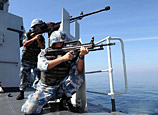

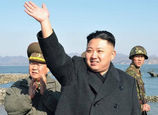

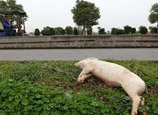
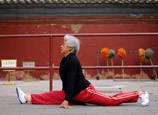

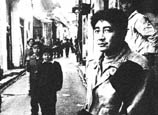
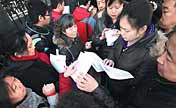







 Spring Style: Temperatures rise in south China cities
Spring Style: Temperatures rise in south China cities


![]()
